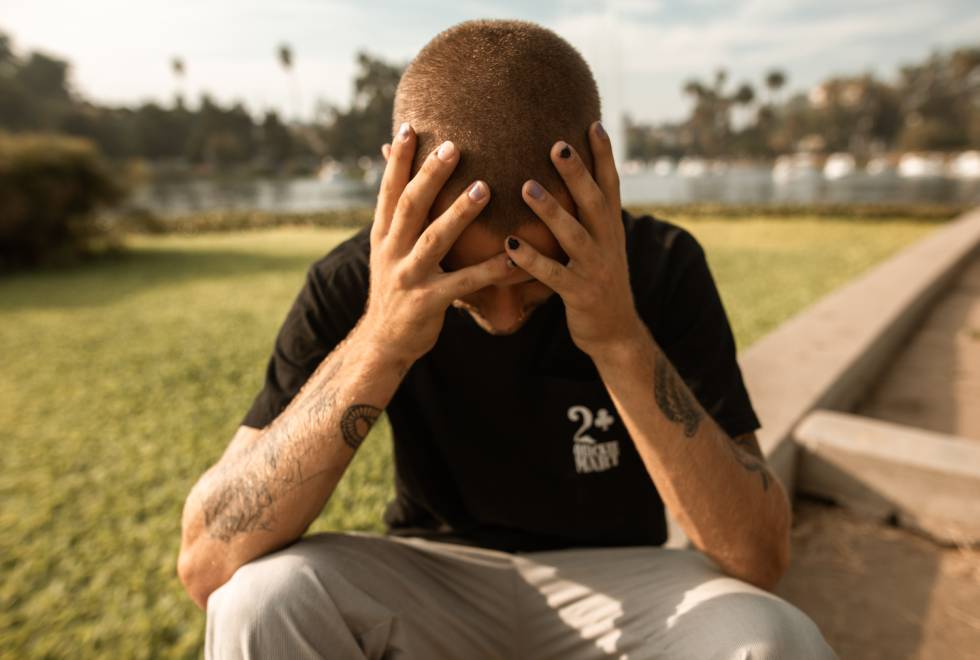
You may have encountered the abbreviation “OCD”, but not everyone knows what it means. Psychological literacy will help you react correctly if you observe some unusual behavior of other people and you will know what to do if symptoms of neurosis will show up in your life.
Obsessive-compulsive disorder is a psychological disorder. Its symptoms include a whole range of different obsessive thoughts and anxieties (this constitutes “obsessiveness” from the professional point of view) and also obsessive behaviors (this is “compulsiveness”).
– OCD has many different causes.
– Sometimes these are “glitches” of the brain: illnesses, different imbalances of its “chemistry” (neurotransmitters).
– Sometimes the reasons may be genetic, but this area has not been studied well.
Often OCD and other psychological disorders appear as a result of psychological trauma or big stressful events that occurred in a person’s life.
Do you know the saying about a weak link? It is fully applicable here: if a person’s nervous system is vulnerable and weak – then it will suffer in the first place in adverse circumstances.
OCD may show up differently for different people. But all these cases have in common the following.
A person suffers from repetitive negative thoughts, desires, or images that they cannot get rid of no matter how hard they try. For example:
- Obsessive desire to have everything in order: things need to be properly arranged; everything needs to have its own place. When this order is disturbed, it causes such strong anxiety that the person literally is not able to do anything else.
- Repetitive thoughts of sexual, religious, or “scandalous” nature. “What if I just lift my skirt in front of everybody?”, “I am so scared that I will lose control and start screaming in a public place”.
- Thoughts about losing control and harming yourself or others. This is the most unbearable group of obsessions since the person is terribly afraid that they will turn into a monster and hurt either themselves or other people. “I am always thinking that I can drive into the incoming traffic or drive my car into a tree”, “I am afraid that I will grab a knife and stab someone next to me”, “I am petting a kitten and thinking – what if I lose control and strangle it?”
- Obsessive double-checking: “Did I turn off the gas stove, am I certain? And the iron? Did I close the door? “
- Obsessive fear to get dirty and/or get infected with something.
These thoughts and unpleasant impulses cause such a strong and overwhelming anxiety that the person feels like they need to ease it at any cost. And then obsessive behaviors (compulsiveness) “come to the rescue”. In the short term, they reduce anxiety, but in the long run, they don’t help at all.
Self-therapy can be an essential tool for personal growth and self-improvement.
Browse through our courses and see the positive changes they can bring to your life.
You are not sure where to begin?
How does this work? A person starts checking and double-checking – did I turn off the gas stove? Check. After one minute – check again. And again… And even after that, they are not able to gain 100% confidence that the gas is off. Even when they are looking at the stove…
Non-stop handwashing brings temporary relief, but it doesn’t last long. Putting things in a certain order. Inventing complex rituals that with time become more and more elaborate. An irrational conviction that if I step on a crack in the pavement, or will not count till 88, or will not do certain hand gestures, something horrible may happen.
People don’t die from OCD. But it is easy to see that the quality of life of people with this disorder goes down. They literally don’t have the energy for anything: they need to constantly control their actions.
If you suspect that you have OCD, you must see a psychiatrist. With the help of modern medicine and the right medications, it is possible to considerably reduce anxiety and symptoms of OCD. This will change your life in a big way. And then or at the same time, you can also see a psychotherapist. In most cases, you will need to change your behavioral patterns and identify situations that trigger anxiety in your life. CBT-therapy is very effective in this case.
Help us grow on Instagram 👇